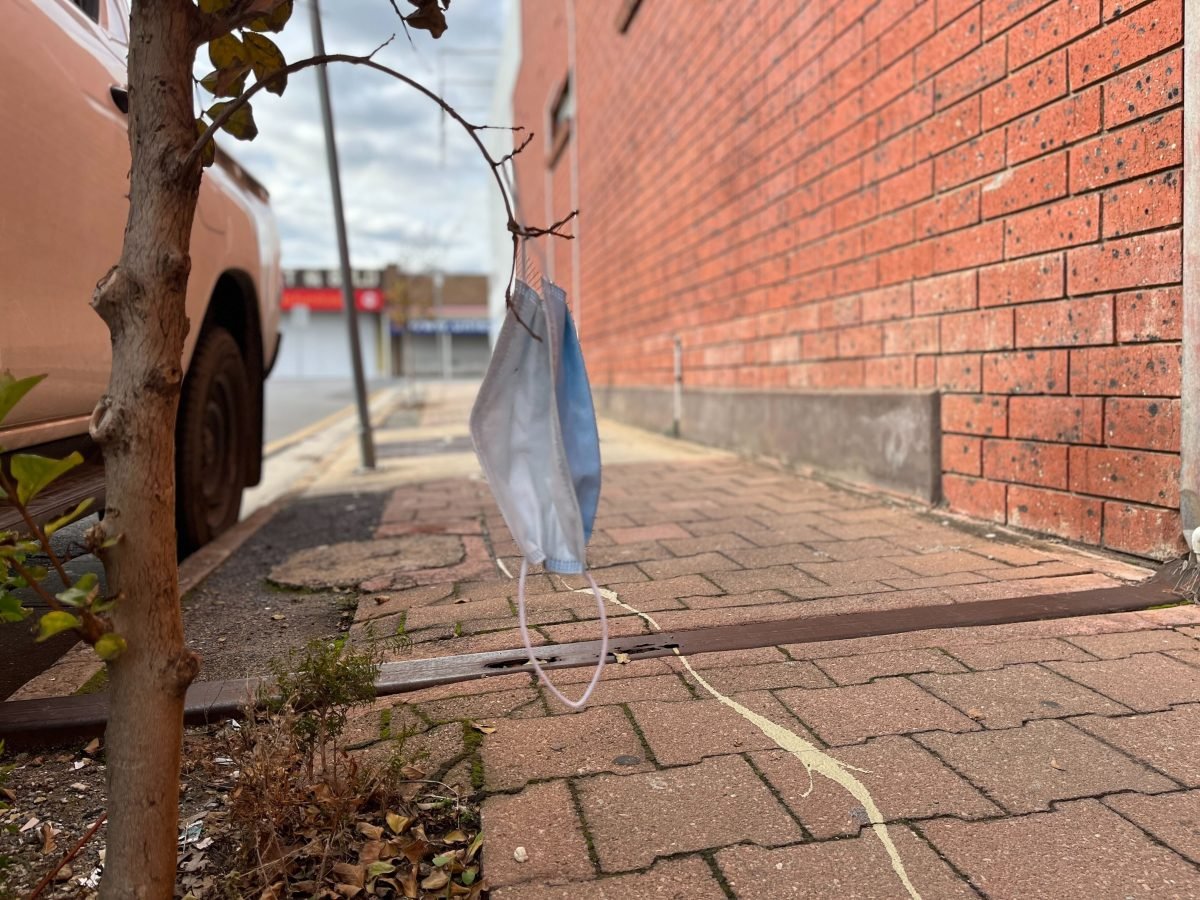Posted 24 Aug

Ethos: the ethics of disposable healthcare
MOD. hosted its third Ethos Community of Practice for 2022 in August. This endeavour looks at the ethics of technology and research – in this case the ethics of disposable healthcare. It aims to foster a culture of ethical questioning amongst researchers and the public.
This forum examined the ethics of single-use plastics in medical research and healthcare as a starting point to explore broader, future-focused ethical questions around individual and systematic approaches to waste and sustainability. Guests began the evening making a sustainable coffee ground body scrub, facilitated by Matthew Wright-Simon. Consequently, conversation centred around how many disposable healthcare products are in our bathrooms – “20-50 plastic items at any one time”, according to one quiz.
A discussion between Dr Kristin Alford, Dr Robert Crocker, Professor Sanjay Garg, and Ms Souha Youssef then provided ethical provocations. Afterwards, we considered how these ethical questions give insight into how individual choices and systematic changes can improve sustainability in healthcare and other areas.

Robert noted that “46% of all plastic waste is single-use”, according to the UN. Additionally, the pandemic has highlighted the health industry’s reliance on single-use plastics (e.g. masks, RATs). Sanjay mentioned that this contribution to waste is usually due to contamination concerns.
So does this mean single-use plastic is unavoidable, or are there some areas where sustainability can be improved? Sanjay noted that his pharmaceutical lab uses many plastic consumables, such as gloves and tubes. These are necessary to avoid contamination and protect staff from exposure to dangerous compounds, such as potentially carcinogenic elements used in cancer research projects. However, there may be some scope to reduce waste by reusing gloves when handling harmless compounds like sodium chloride.
Additionally, Souha noted pharmaceutical analysis processes use a lot of “organic solvents, some (of which) are hazardous”. In fact, a report for the Department of Environment stated that “Australia spends $40 million every year to dispose of organic solvents and another $100 million on injuries associated with the production and disposal of organic solvents”. Souha is working on developing greener methods of analysis that use “shorter run times”, thus reducing the amount of solvents required and wasted. Developing these methods takes time and initial investment, but is ultimately more sustainable and cheaper.

Participants observed that individual consumers are often willing to make sustainable choices in a wider sustainability context. For example, Kristin noted that some research suggests that people were “slowing down” and taking the time to avoid single-use plastics and recycling where possible during the pandemic. However, there are often systematic barriers to this, including lack of education, poverty, time pressures, and a bombardment of single-use plastic products.
On the other hand, Robert noted that single-use plastic products are cheap and profitable for hospitals and other entities. He said that hospitals use these – in part – due to being managed by people whose “economic interest is in making money fast…not worrying about waste…because they can externalise the cost of waste into the community”. Consequently, focus should be on systematic waste-minimising solutions, rather than on individual consumer choices. He cited South Australia’s policies on “container deposit schemes (and) single-use plastic bans” as examples of this systematic approach.
We discussed how waste and pollution is often a result of poor design and planning. One person noted that we often only act reactively on sustainable solutions – such as “recycling masks to make keyrings” – after large-scale waste has occurred. Conversely, more emphasis on proactively identifying waste problems and solutions at the design stage of emerging technologies could prevent the waste problem in the first place.
For example, Souha noted that 3D printing in pharmaceutical development has “increased fivefold from 2010-2020”. However, there has been very little assessment of its environmental impacts, such as organic solvent consumption and energy usage. By developing ‘green’ analysis tools for 3D printing, Souha hopes that some waste and sustainability problems can be fixed while the developing technology is still “small scale” – rather than only reacting when the technology and waste problems are “large scale”.
Finally, we discussed the importance of open communication and collaborative approaches to increasing sustainability and reducing waste. For example, Sanjay said that, since Souha’s arrival, their lab has significantly increased the regularity of their “green chemistry” assessments. We noted the importance of events like Ethos in connecting people from diverse labs, professions, and walks of life to foster collaborative and dynamic problem-solving for issues like healthcare waste.
The Ethos Community of Practice is made possible with funding through the Deputy Vice-Chancellor of Research and Enterprise. The previous Ethos forum investigated the ethics of streaming. We hold Ethos events regularly at MOD. Check out our events page for more details!
Samuel Wearne was the rapporteur for this forum and is a moderator at MOD.